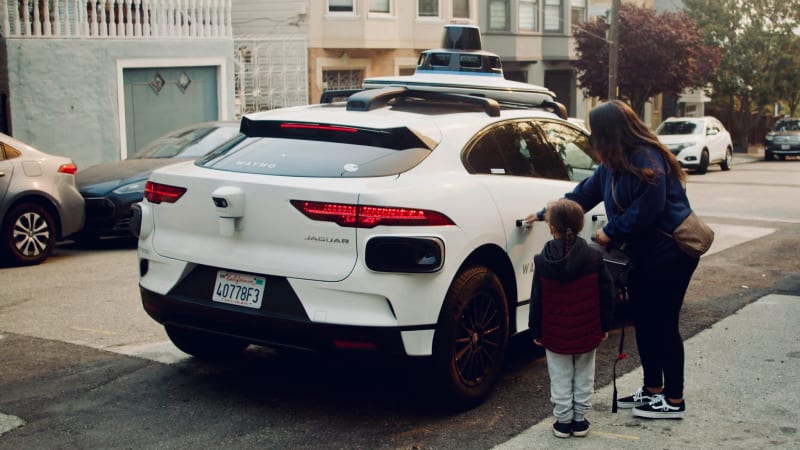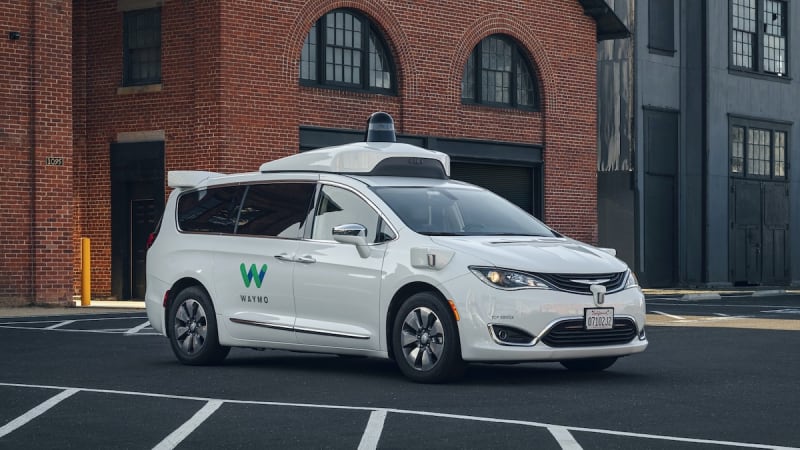Like Bigfoot and the Loch Ness Monster, rumors of an Apple car never seem to die. But unlike Sasquatch and Nessie, at least there have been various verified sightings of Apple testing its self-driving technology, albeit on production vehicles.
The idea of an Apple car has circulated since Steve Jobs’ death more than a decade ago, with company executives and board members revealing the revered company co-founder’s vague vision for entering the automotive business. But it’s his successor and current Apple CEO Tim Cook who took the reins of the storied company and steered development of a vehicle.
Cook greenlighted Project Titan in 2014 to build an electric vehicle and brought onboard auto industry veterans such as former Ford executive Doug Field, fellow Ford engineer Steve Zadesky and Mercedes-Benz North American R&D honcho Johann Jungwirth – who have all since left.
Cook even jetted to Germany in 2015 to meet with BMW brass, and Apple executives traveled to Leipzig to scrutinize the production of the automaker’s i3 EV.
The iCar rumor mill gained renewed momentum last week when it was revealed that Apple had hired 31-year Ford veteran Desi Ujkashevic, the latest in a revolving door of automotive execs who have joined the company.
I won’t detail the tortured twists and turns of Project Titan since it’s been painstakingly documented by tech sites like AppleInsider. Suffice to say that despite hiring – and losing – top automotive talent, Apple still isn’t making a car. And I believe it would be a massive mistake for Apple to build a car or even have others build it for them.
There are obvious drawbacks to getting involved in a high-cost, low-margin business that involves complex supply chains, the need to support legacy products with parts and services for decades, and the most onerous regulation of practically any industry. Contrast this with Apple’s current cash-cow business developing and selling products and services that have a highly controlled and contained supply chain, product lifespans of a few years with rapid planned obsolescence, and a relatively light regulatory load.
With a market cap of nearly $2.5 trillion and a stash of more than $200 billion in cash, Apple has the resources to mount an attack on automotive incumbents – and even take on Tesla. The timing is right given the tectonic shift occurring in the auto industry, with the transition to electrification rewriting the rules of engagement and the growing importance of software playing to Apple’s strength.
But stacks of money and tech expertise don’t translate into success in automotive. Just ask Google, which tried – and failed – to build its own car several years ago.
Pictured above, Google’s Firefly purpose-built self-driving car without a steering wheel or pedals was unveiled in 2014, and that same year Google lined up an all-start roster of automotive suppliers including Bosch, Continental, Nvidia and Roush to build 100 of the vehicles at a Detroit-area facility.
While Google called Firefly “a test platform” for its self-driving technology, evidence suggests the company planned to mass produce the vehicle. I spoke with Samir Salman, CEO of Continental’s North American unit, at the time and he indicated that the mega supplier was working with Google to “provide our services and knowledge on the technical side in components and in systems,” he said. “We’re supplying brake systems, tires, and body controller and interior electronics.”
But Waymo, the autonomous-vehicle technology subsidiary Google created at the end of 2016, mothballed Firefly and subsequently purchased tens of thousands of Chrysler Pacifica PHEV minivans and Jaguar I-Pace EVs. It has since integrated its self-driving tech into the vehicles and become one of the first companies to operate a fully autonomous ride-sharing service.
By 2018, Apple’s plans to build an iCar were reduced to a deal with Volkswagen to convert the automaker’s T6 Transporter vans into autonomous shuttles for employees at the company’s new Silicon Valley campus. But even that plan fizzled since VW invested $2.6 billion in Ford-backed Argo AI, with its new ID. Buzz electric minivan subsequently set to be a vessel for Argo’s self-driving tech.
Given all the highs and low of Apple’s Project Titan, I’m surprised the company doesn’t view building cars as a quicksand money pit – and that it would be best to focus on providing much-needed software services to the auto industry a la Apple CarPlay.
But Google beat Apple to the punch at that with its Android Automotive OS, which is gaining traction. Besides, as annoying as Tesla-Stans can be, imagine what it would be like to deal with Apple Car fanboys and -girls?
Source: www.autoblog.com



